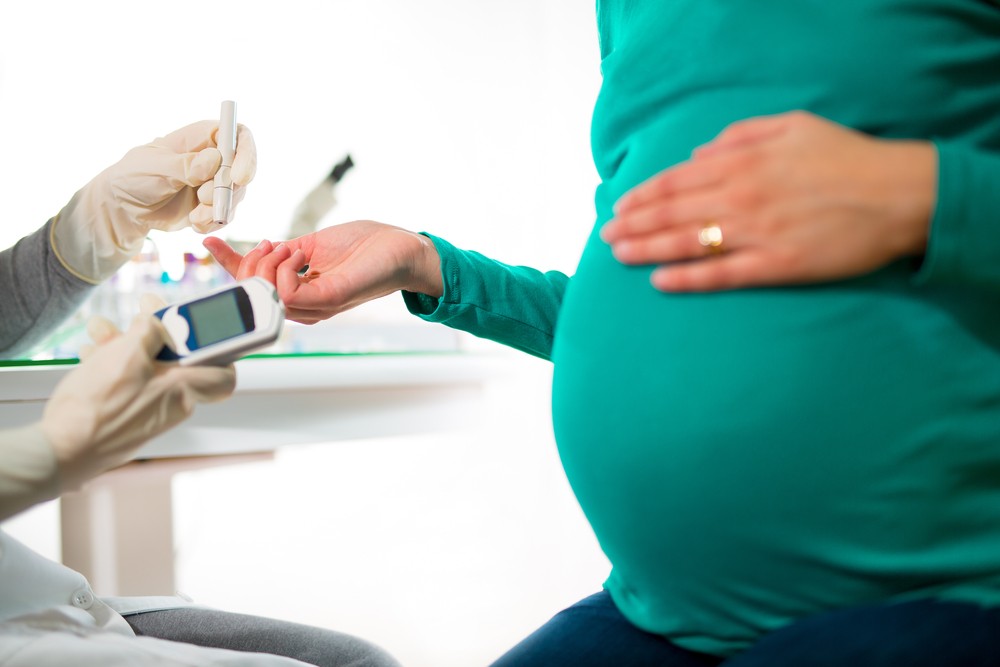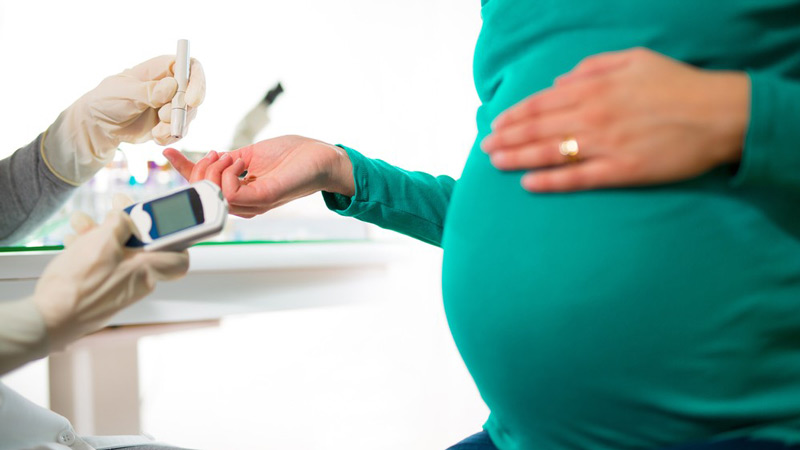 Finding out you’re pregnant can be a joyous occasion – but how can diabetes affect your pregnancy? According to the Centers for Disease Control and Prevention, every year, 2% to 10% of pregnancies in the United States are affected by gestational diabetes. For many women, being diagnosed with diabetes while pregnant can seem like a scary – and unrealistic – thing. With the right education and maintenance, having a successful pregnancy is possible.
Finding out you’re pregnant can be a joyous occasion – but how can diabetes affect your pregnancy? According to the Centers for Disease Control and Prevention, every year, 2% to 10% of pregnancies in the United States are affected by gestational diabetes. For many women, being diagnosed with diabetes while pregnant can seem like a scary – and unrealistic – thing. With the right education and maintenance, having a successful pregnancy is possible.
Educate Yourself
Many women are surprised to find they have risk factors which increase their risk to be diagnosed with gestational diabetes during their pregnancy. Gestational diabetes is very similar to Type 2 diabetes, and women who have gestational diabetes have an increased risk of developing Type 2 diabetes later in life. Learning about the type of diabetes you have and how you can manage it is key to maintaining a
healthy pregnancy.
Evaluate the Risks
Some women aren’t aware they have diabetes until they are pregnant. Others know of their condition but struggle with poor control of their diabetes. Complications that occur due to poor control have a higher chance of miscarriage or malformation, and can occur even before they are aware that they
are pregnant.
Untreated or poorly controlled diabetes can hurt your baby, and cause short term effects on your pregnancy, including:
- Increased risk for birthing complications
- High blood pressure toward the end of pregnancy
- Increased risk for still birth
- Increased risk that your baby will have a metabolic complication after delivery that may require care in an intensive care unit
Stay Healthy
Eating a nutritional meal and staying active should be an important part of your pregnancy – regardless of a diabetes diagnosis. If you gain more weight than you should during your pregnancy, your physician will assess your risk for diabetes. If diabetes runs in your family, you are more at risk.
The recommended amount of daily activity for people with diabetes is 30 minutes a day, the same standard set for all other adults. In order to make sure their bodies are functioning properly, people with diabetes need to stay active and do their 30 minutes of exercise at least five times a week. These workouts can be split into two 15-minute workouts. Modify your workouts to do activities that are safe for your pregnancy – like walking – where you can speak comfortably without losing your breath.
See Your Doctor
It’s important for any woman with a chronic medical conditional to either plan to be pregnant, or plan to not be pregnant. Once you’ve found out you’re pregnant, or think you may be, visit your primary care doctor and ask about your medical conditions and how they affect pregnancy. Questions include:
- Are there any changes in my lifestyle I need to make to ensure a healthy pregnancy?
- How can diabetes be treated during my pregnancy?
- Are there any risks for me or my baby?
- How can I manage my condition during pregnancy?
The more you learn about your condition, the more you can maintain diabetes and help ensure a health pregnancy for you and your baby. To learn more about diabetes, visit MillerChildrens.org/Diabetes.



